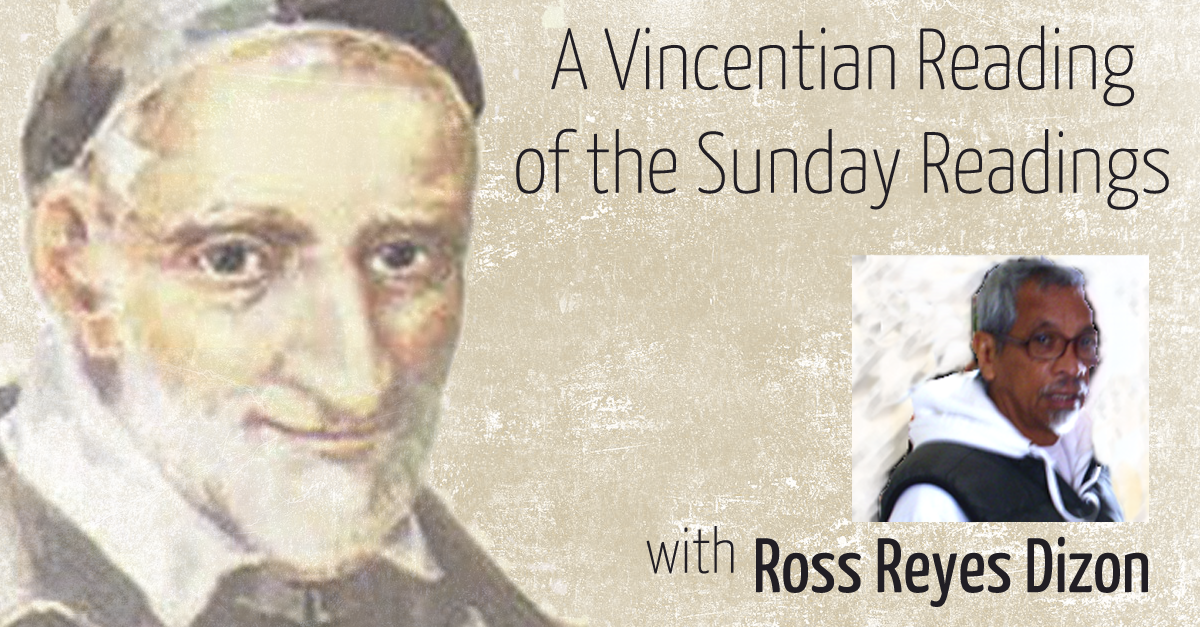Jesus is the one who has chosen and appointed us to bear fruit.
Jesus’ chosen way breaks the mold. Unlike the religious leaders who are settled in Jerusalem, he withdraws to Galilee.
His withdrawal to Galilee shows his courage. He has chosen not to turn back as death looms large with the arrest (literally, the handing-over) of John.
Still, brave does not mean reckless. The change of residence spells better protection for Jesus. Nazareth is too close to the seat of government in Sepphoris for comfort. Capernaum affords, besides, an easy escape to Decapolis or another political jurisdiction (New Jerome Biblical Commentary [1990] 42:20). And one can flee at night by boat on the Sea of Galilee.
No, to flee in order to live to fight another day is not cowardice. Rightly does a saying affirm, “He that fights and runs away, may turn and fight another day.” The second part of the saying, however, is not altogether reasonable. It says, “But he who in battle slain, will never rise to fight again.”
That is because, despite Jesus’ cautiousness, he courageously acknowledges that, in the end, his winning lies in defeat. He gloriously rises after his submission to a shameful death.
Jesus’ way is also different with regard to discipleship.
Jesus invites disciples. But religious leaders do not take such initiative. Rather, the one who wants to be disciple takes it. And religious leaders prefer someone who is learned like them. In contrast, Jesus calls fishermen, and even a publican.
Jesus calls us where we are. But as his chosen ones, we are not to stay where we are. He expects those he has chosen to work with him in the project of the kingdom of God. This, of course, implies repentance.
Repentance means, in part, turning away from the usual fare. The Lord of the harvest calls and sends workers to his harvest at all times of the day. To work with him is to become “hardworking workers” (SV.EN XI:33).
The ones Jesus has chosen go with him to Galilee of the Gentiles. That is to say, they go to the outskirts, to the most helpless at greatest risk.
Jesus’ chosen ones never use weakness or littleness as an excuse for mediocrity. They feel strong when they are weak and see success in failure. They are like St. Vincent de Paul. Relying on the meaning of the cross, he attributes the success of his preaching in Folleville and in Châtillon to God’s blessing (SV.EN XII:7; IX:192).
And the chosen ones sense that the Eucharist, as the “procession” in Châtillon shows, is the “the fount and apex of the whole Christian life” (LG 11).
Lord, by your grace, we will try with all our strength to give you all the service and faithfulness that you expect of us (SV.EN IX:284).
22 January 2017
3rd Sunday in O.T. (A)
Is 8, 23 – 9, 3; 1 Cor 1, 10-13. 17; Mt 4, 12-23






0 Comments